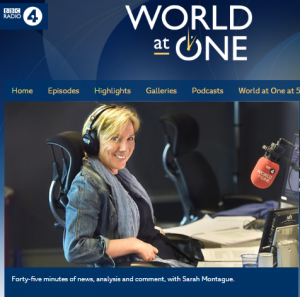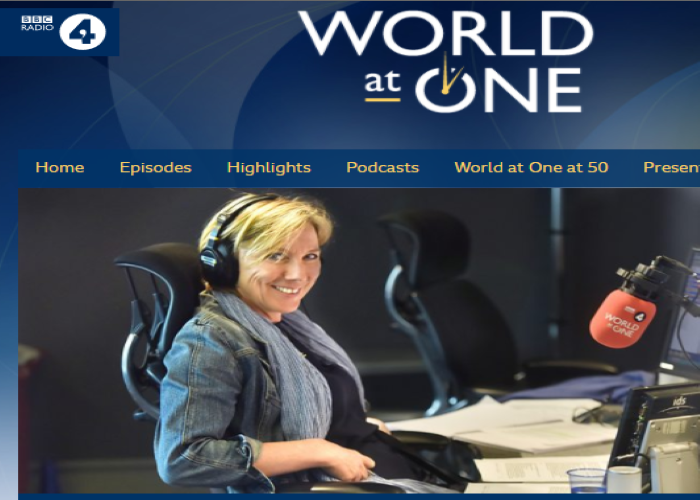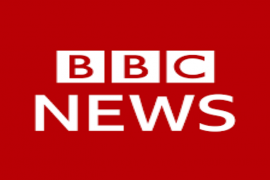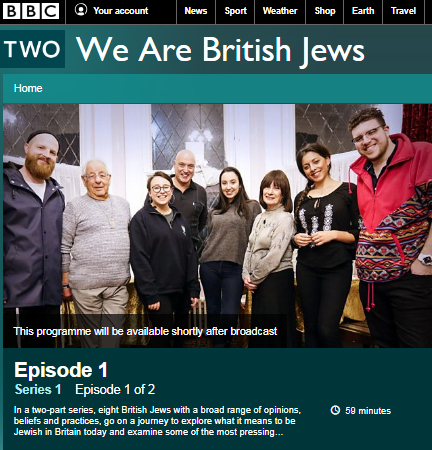Previously we discussed a filmed report about Jenin by the BBC Jerusalem bureau’s Tom Bateman:
BBC PROMOTES ‘CHICKEN AND EGG’ NARRATIVE ON JENIN
As noted, although Bateman told viewers about “ungoverned spaces” and described the Jenin refugee camp as “a place where the official Western-backed Palestinian security forces are not welcome”, the sole ‘explanation’ of the Palestinian Authority’s failures in the area and the rise of terrorist groups under the ‘Jenin Battalion’ banner came from a masked member of a terrorist organisation.
Even that, however, was more information than was provided to listeners to the audio version of Bateman’s report which made no effort whatsoever to explain the topic of the Palestinian Authority’s loss of control over that part of Area A or the issue of the formation of the ‘Jenin Battalion’ Joint Operations Room as reported last September.
Instead, the audio report which was aired on BBC Radio 4’s ‘World at One’ (from 35:10 here) and the BBC World Service radio programme ‘Newshour’ (from 14:07 here) on July 12th promoted a talking point also seen in the written synopsis to the filmed version.
The introductions to the item by the presenters of both those radio shows were nearly identical. [emphasis in bold added]
“Now Israel’s been carrying out military raids in the occupied West Bank this week. They’ve been a near daily occurrence since a wave of deadly attacks against Israelis in the Spring. Dozens of Palestinians have been killed during army incursions this year and the UN’s human rights office has raised concerns about the use of excessive force – accusations that are rejected by Israel. The focus has been on the city of Jenin, where Palestinian militant groups have also been rearming, raising fears of further violence, as our Middle East correspondent Tom Bateman reports.”
In the report itself Bateman told listeners that:
“The [Israeli] military also rejects claims by rights groups of excessive force during its operations, saying its troops’ lives are endangered by gunmen.”
Those “rights groups” were not identified, meaning that listeners have no way of judging their claims – and possible motives – for themselves. Likewise, the BBC did not bother to inform audiences of the UN human rights council’s long history of anti-Israel activity and bias either in relation to the audio report or the synopsis to the filmed version:
“Dozens of Palestinians have been killed during army incursions this year, and the UN’s human rights office has raised concerns over “excessive force” and “possible collective punishment” – accusations rejected by Israel.”
Instead, the BBC repeatedly preferred to frivolously promote that politically motivated talking point concerning Israel’s counter-terrorism operations as part of its framing of the story while downplaying or completely ignoring the considerably more relevant issue of the failure of the Palestinian Authority to effectively govern that area and the resulting “rearming” and proliferation of terrorist groups.
So much for the BBC’s obligation to provide its funding public with “a range and depth of analysis and content not widely available from other United Kingdom news providers”.
Related Articles:





